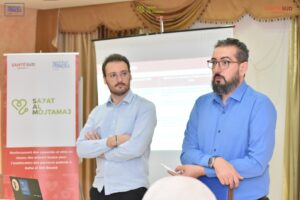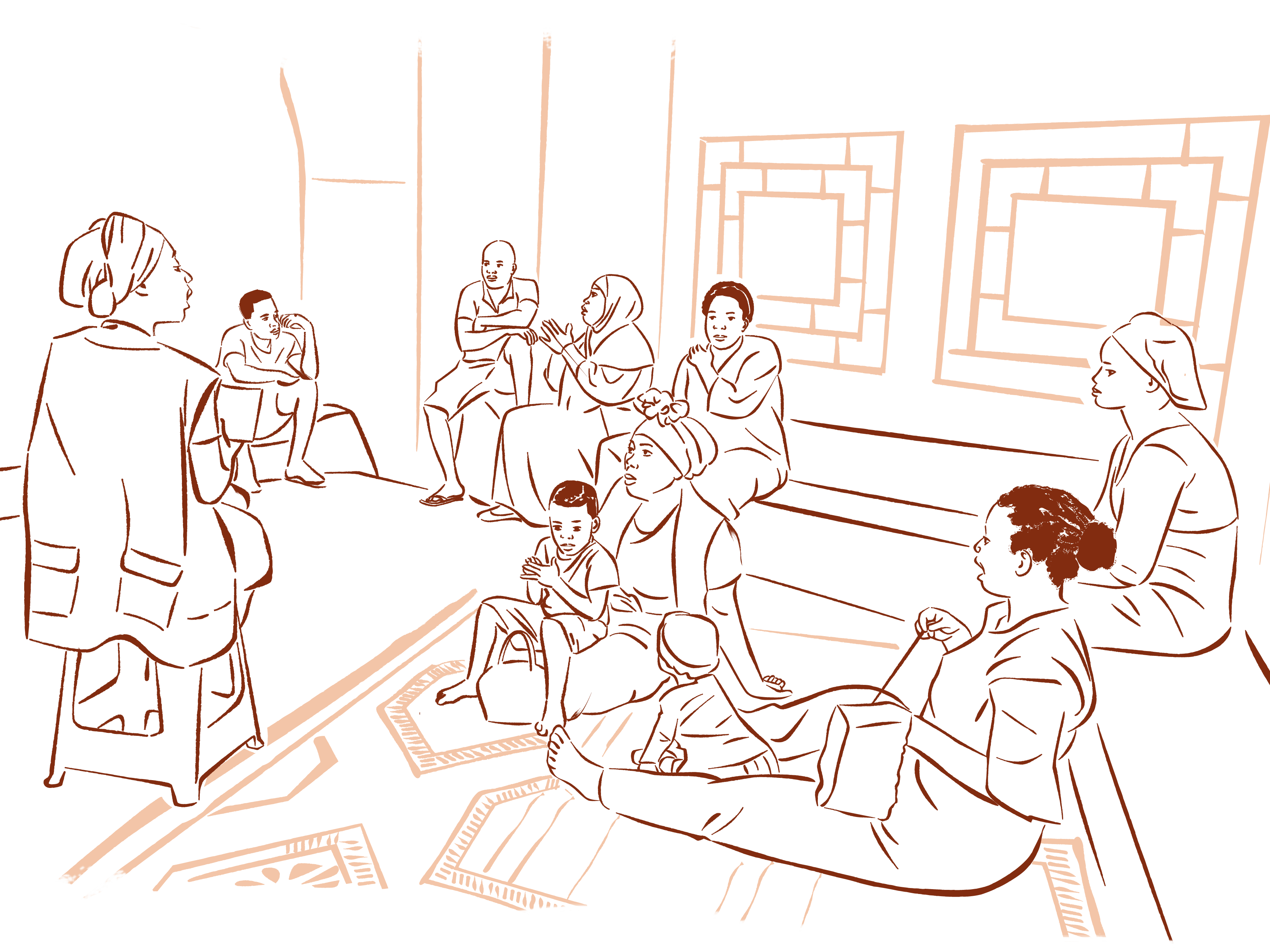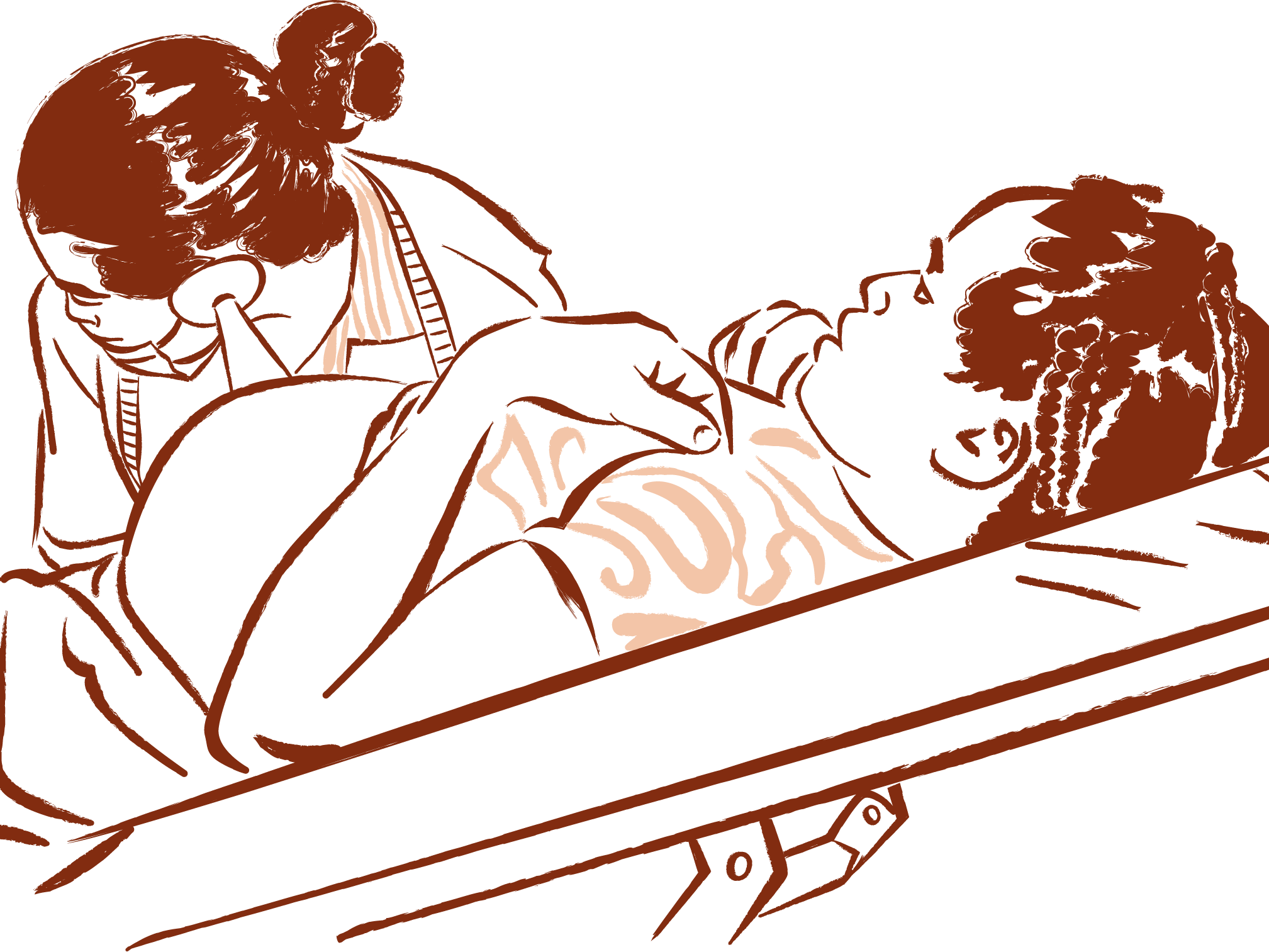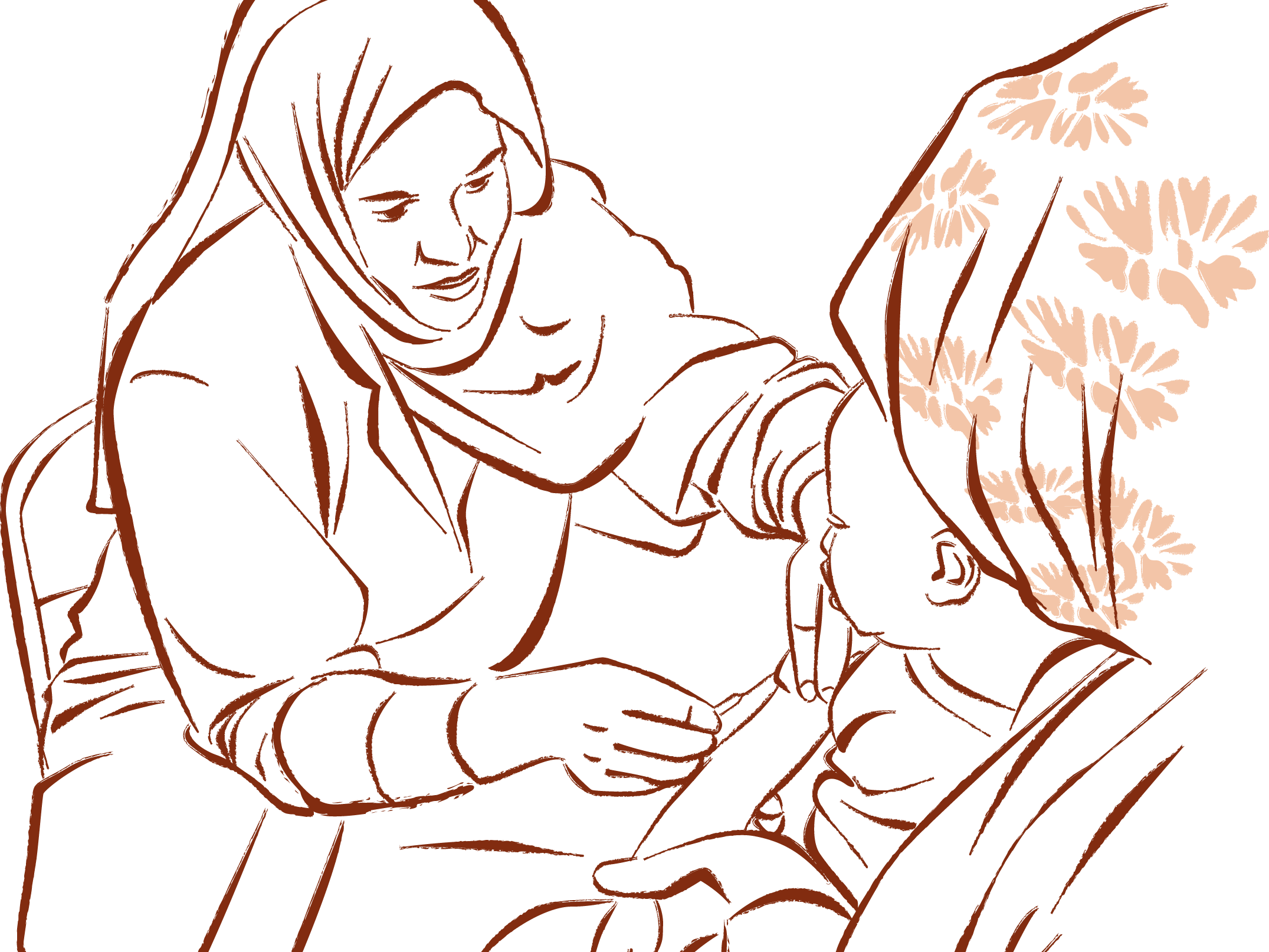News
Testimony of Tarek GRIRA, Project Manager of the Sa7et Al Mojtama3 programme
My name is Tarek Grira, and I’m the project manager for the SAM (Sa7et Al Mojtama3/Community Health) programme. We’re currently in the start-up phase, actively working on setting up the project’s actions. This stage is crucial to establishing the solid foundations needed to have the impact we want to have on patients’ care pathways.
Tunisia’s inland areas, such as Gafsa and Sidi Bouzid, face inequalities in access to healthcare, with a much lower medical density than Greater Tunis (5.5 doctors per 10,000 inhabitants in Sidi Bouzid, 8.3 in Gafsa compared with 20.4 in Greater Tunis). These disparities lead to poor awareness of health risks, inadequate prevention and delays in treatment. Non-communicable diseases, such as diabetes and cancer (mainly breast cancer in women aged 35-55), are the main causes of mortality.

In response to these challenges, the SAHAT AL MOUJTAMA3 (SAM) project, initiated by Santé Sud, was officially launched on 24 May 2024 at the Institut Français de Tunisie (IFT). A key stage in this project was the signing of a tripartite agreement between the Tunisian Ministry of Health, the IFT and Santé Sud, demonstrating a shared commitment to improving care pathways in the Gafsa and Sidi Bouzid regions. The project aims to achieve sustainable improvements in access to quality healthcare in inland areas of Tunisia, by supporting local healthcare structures to improve care pathways for patients, particularly those suffering from diabetes or breast cancer, and by strengthening civil society to contribute to these improvements.
The partnership with the DRSs of Sidi Bouzid and Gafsa is essential to strengthening care pathways and improving access to healthcare services adapted to local needs.
Since its launch, the project has been part of a collaborative dynamic.
After several meetings involving more than 20 civil society organisations from the Gafsa and Sidi Bouzid regions, we selected 5 partner associations:
In Sidi Bouzid: L’Association Tunisienne de l’Enfance et de la Jeunesse, L’Association des Ressources Naturelles et Développement, and L’Association Ladies First.
In Gafsa: Association Avenir des Jeunes de Gafsa and Association Mashhed.
This selection marked a key step, formalised at the workshop to sign the framework agreement, held on 23 October 2024.
The project aims to improve access to quality healthcare in inland areas of Tunisia by supporting local healthcare structures and strengthening civil society to improve care pathways, particularly for diabetes and breast cancer.
The project will begin with a CAP survey to identify health needs. It will then include actions to strengthen local capacities and improve access to care, such as the selection of 4 Basic Health Centres in coordination with the Regional Health Departments, the setting up of technical committees to steer the actions, and the creation of a network of community relays trained in the prevention of priority health problems.
Find out more

Petite Terre

Bien naître (phase 2)
